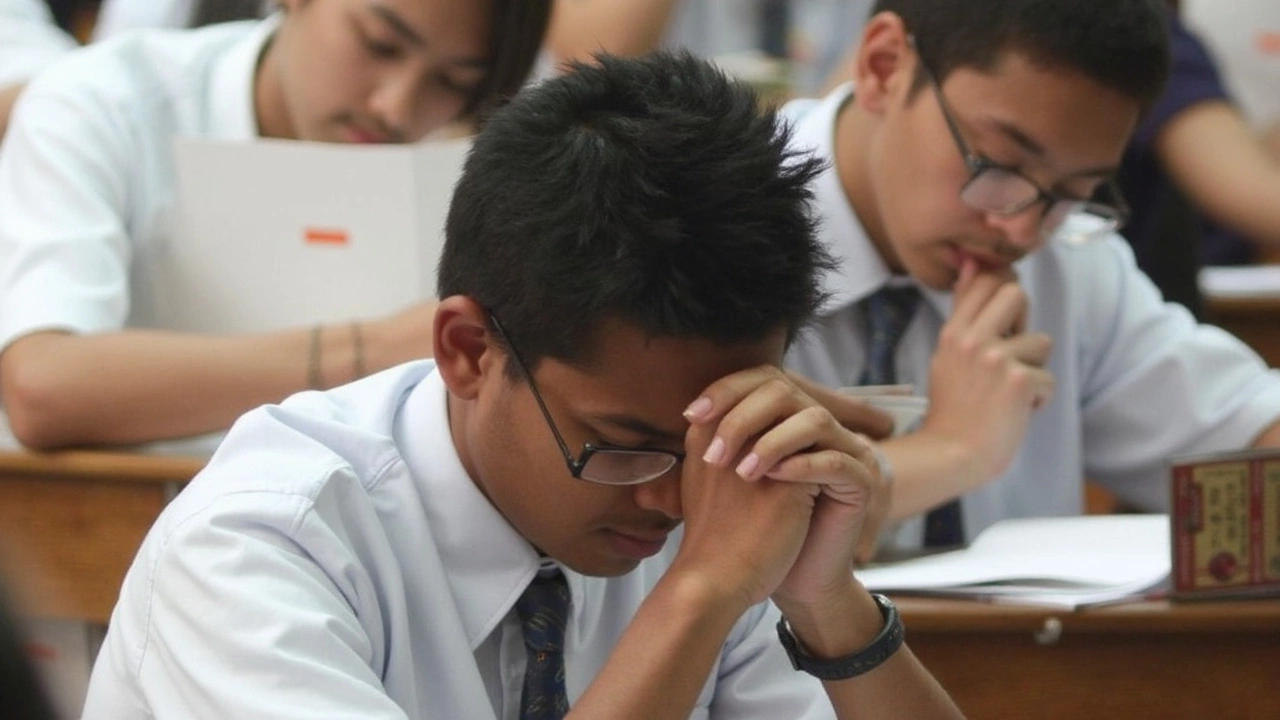
The 2025 CBSE Class 12 Physics exam took place on February 21 and left students and teachers with plenty to discuss. Known for its unpredictable elements, this year's exam was described as moderate to tough, rife with complex multiple-choice questions (MCQs) and lengthy numerical problems. The structure followed the expected CBSE format but packed quite a punch.
Divided into five sections, the exam tested various competencies. Section A threw 16 MCQs at the students, challenging their quick thinking and understanding of key concepts. These questioned segments such as Moving Charges and Magnetism, which were notably tricky.
Sections B and C comprised short-answer questions that demanded concise yet precise responses. Here, the focus was on conceptual clarity and problem-solving prowess. Meanwhile, Section D featured two case studies, with the Capacitance-based scenarios standing out as particularly challenging.
Section E pushed students further with its long-answer questions. These required detailed, multi-step solutions, showcasing a shift towards higher-order thinking skills (HOTS). Despite the rigorous nature of the questions, most students managed to engage with these problems. Nevertheless, there was a noticeable absence of optics, which many had anticipated, adding an unexpected twist to the exam.
Feedback from educators highlighted the paper's balanced difficulty. Yogita Sharma, a PGT Physics teacher at KIIT World School, noted a fair mix of straightforward and challenging content. Renuka Devi Kakarla from Shiv Nadar School commented on the paper's length and the intricacy of its sub-parts, pointing out the demands on time management.
Students like Priyal Arora and Praneel Munshi reported mixed reactions post-exam. While some found the complexity overwhelming, others managed to tackle the lengthier questions, albeit with complaints about the unexpected elements.
In summary, despite its challenges, the exam was deemed rigorous yet fair by teachers. Most students were able to attempt the full extent of the questions despite the pressure to manage their time efficiently.